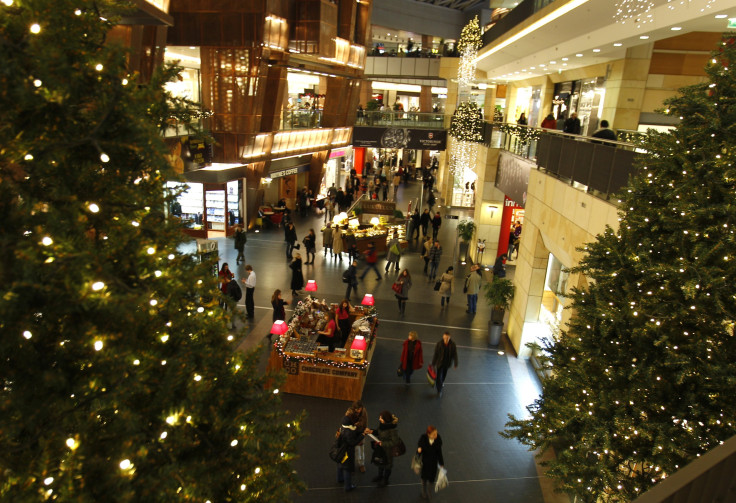German GfK Consumer Confidence Index Tops Expectations, Producer Prices Drop As Expected; France Business Confidence Tops Forecast
Producer Price Inflation Drops

Consumer sentiment in Germany improved in December and optimism about the economy's future in January surged, an index measuring German consumer confidence showed, while separate data released on Friday showed that producer prices in Europe’s largest economy continued to drop.
The GfK consumer climate report, published on Friday, showed that the forward-looking index, which measures the level of consumer confidence in economic activity, rose to 7.6 for January, against analysts' predictions that the index would remain steady at December’s 7.4 number.
The report, which is compiled from a survey of about 2,000 consumers and asks respondents to rate the relative level of past and future economic conditions, showed a steady uptick in consumers' willingness to spend with the index rising 0.4 points to 46.1 -- a 7-year-high -- in January, indicating a good start to the new year.
“The positive framework conditions in Germany, such as the labor market and income development as well as moderate inflation, are providing key stimuli for consumption,” Gfk said, in a statement. “In addition, extremely low interest rates are bolstering domestic demand as they make saving less attractive to investors and also encourage credit financing for purchases."
However, income expectations declined by 5.7 points to 39.5 points in December, after surging 12.5 points to 45.2 -- a 12-year-high in November. On a yearly basis, the index surged 18 points.
Meanwhile, the economic expectations sub-index improved for the fourth consecutive month and rose 3 points to a 30-month high of 23.3 in December, and the indicator climbed 41 points higher than the same month in 2012.
Confirming its earlier forecast that private spending in Germany will increase by about 1 percent in real terms in 2013, GfK said: “The consumer climate is off to a good start in 2014, which also signals that domestic demand will play a key role in the coming year as well.”
French business confidence rose to 100 in December, up from 98 in November, beating market expectations for a 99 reading, official statistics bureau Insee said Friday.
Producer Price Inflation Drops
A separate data set released on Friday by Destatis showed that German Producer Price Index, or PPI, fell 0.1 percent in November, in line with forecasts and compared to a drop of 0.2 percent in October. On an annual basis, PPI declined 0.8 percent in November, after dropping 0.7 percent in October, as expected.
Prices of consumer non-durable goods rose by 1.5 percent, prices of intermediate goods dropped by 2 percent, and energy prices declined by 2.1 percent, compared with November 2012, the data showed.
© Copyright IBTimes 2025. All rights reserved.






















